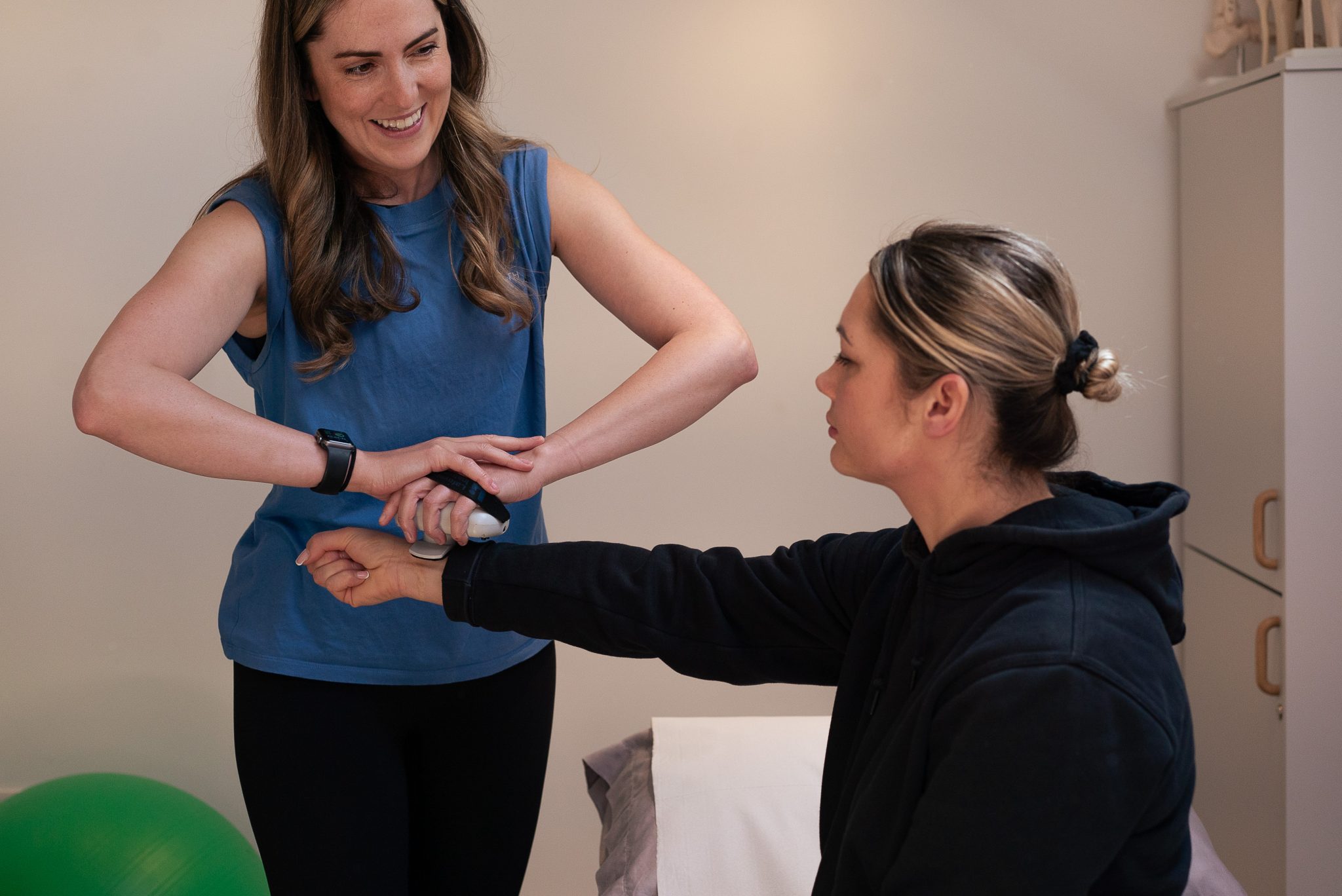What is evidence-based practice (EBP)?
“Evidence-based practice – often used interchangeably with the term “evidence-based medicine” when related to healthcare – is “the conscientious, explicit and judicious use of current best evidence in making decisions about the care of the individual patient. It means integrating individual clinical expertise with the best available external clinical evidence from systematic research.”
An essential part of the quotation provided above is “…the care of the individual patient”. Hence, the key components of Evidence-based practice are:
- Best research evidence
- Clinical expertise
- Patient values and preferences




